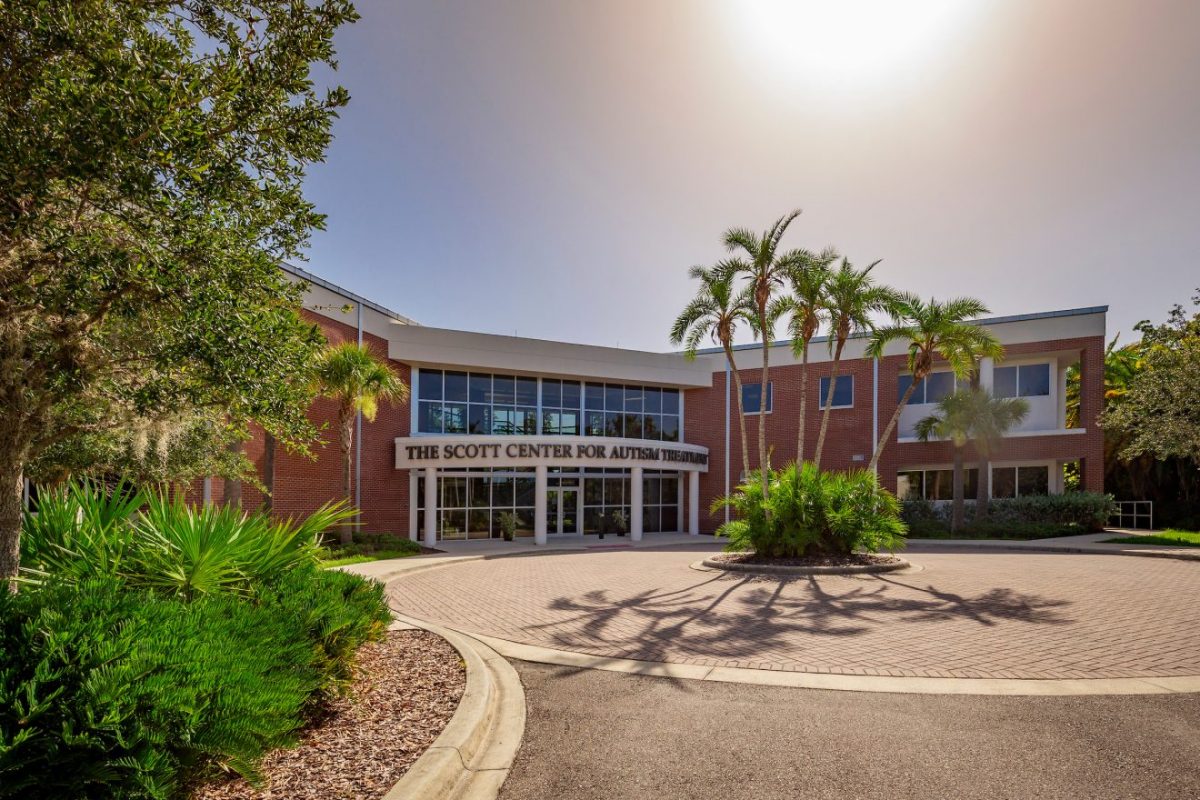A Partnership in Paraná for Autism
Florida Tech’s renowned Scott Center for Autism Treatment has been working on a project with the Department of Health in the state of Paraná to develop an online practitioner training program on Applied Behavior Analysis therapy for autism for health department employees. The project involved culturally adapting the training and translating it into Portuguese, as well as shooting video and packaging it all into an online format.
There is a great need for this resource overseas as there is still a lot of misinformation on autism and effective treatments. The 40-hour program recently launched and already has 500 people enrolled and going through the system. The target, once they get everyone into the system, is to train 3,000 health department employees. Other states in Brazil have reached out to about how they might procure the training.
The next step will be an evidence-based, train-the-trainer model in which health department employees would learn hands-on skills that they can take back to the 3,000 employees.
“There’s a large need for direct care therapists, obviously here in the U.S., but the need is even greater outside of the U.S.,” said Lisa Steelman, professor and dean of Florida Tech’s College of Psychology and Liberal Arts. “So, we’re helping train some of the direct care staff members in Paraná so they may more effectively interact with children and adults with autism in the state.”
Due to the COVID-19 pandemic, Scott Center trainers have not been able to travel to Paraná to start the model. Instead, the center is translating and culturally adapting their online parent training course for deployment there. The effectiveness of this course is supported in published research conducted at the center.
As important as sharing the center’s evidence-based materials is, it’s also important to understand how that instruction will work within a different culture and adapt the materials to those specific nuances. Some alterations, for example, involved the type of food used as positive reinforcement. Based on work with trainers in Brazil, Steelman noted while M&Ms are used in America, they are not popular in Brazil. The salty pretzel sticks used in the United States also differ from the soft ones usually covered with sugar and cinnamon in Brazil.
Another training difference based on the two cultures is the importance of trainers smiling more and using more inflection in their voices, as smiling, singing, even hugging, are more prevalent in Brazilian culture than they are in the U.S. Steelman noted the teachers had to ramp up the warmth in their production to fit the experience in Paraná.
Bringing effective training programs to areas in need will ultimately lead to better care for children on the autism spectrum, Steelman said.
“As more kids need help, we need more people; there just aren’t enough therapists to help all the kids who need it,” she said. “Also, governments are seeing it’s a community health issue and providing funding to help get people trained. Part of our mission is to share resources when we can to make it easier for caregivers to access support and children to get the services they need.”
Learn more about the Scott Center for Autism Treatment at www.thescottcenter.org/.





